Menu
Menu
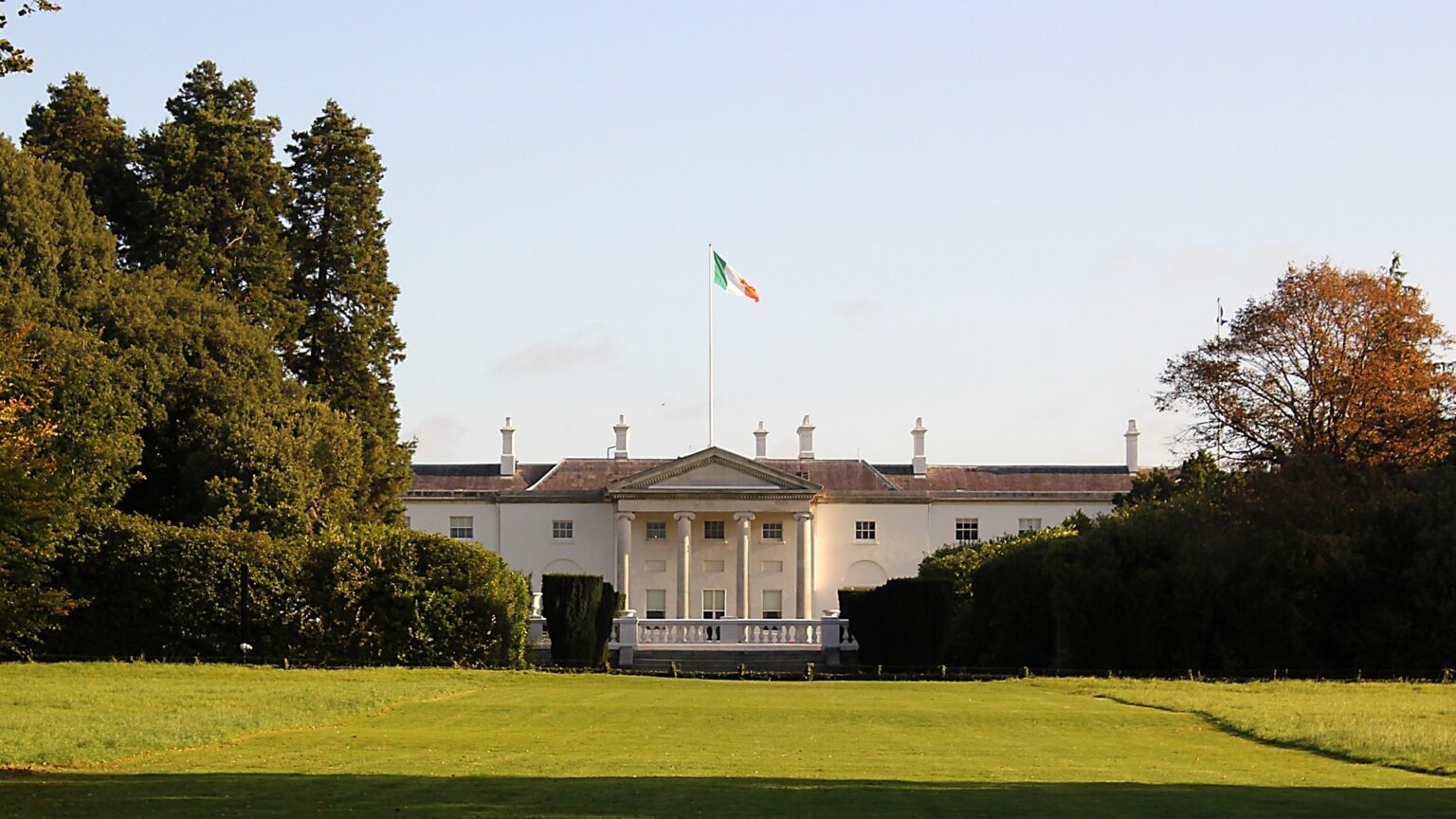
‘We have already seen that Hungary’s living standards have increased enormously in recent years. Unlike Ireland, however, Hungary remains a culturally conservative country. Nevertheless, there is reason to think that this might change in the future—at least, if careful measures are not taken to ensure that it does not.’
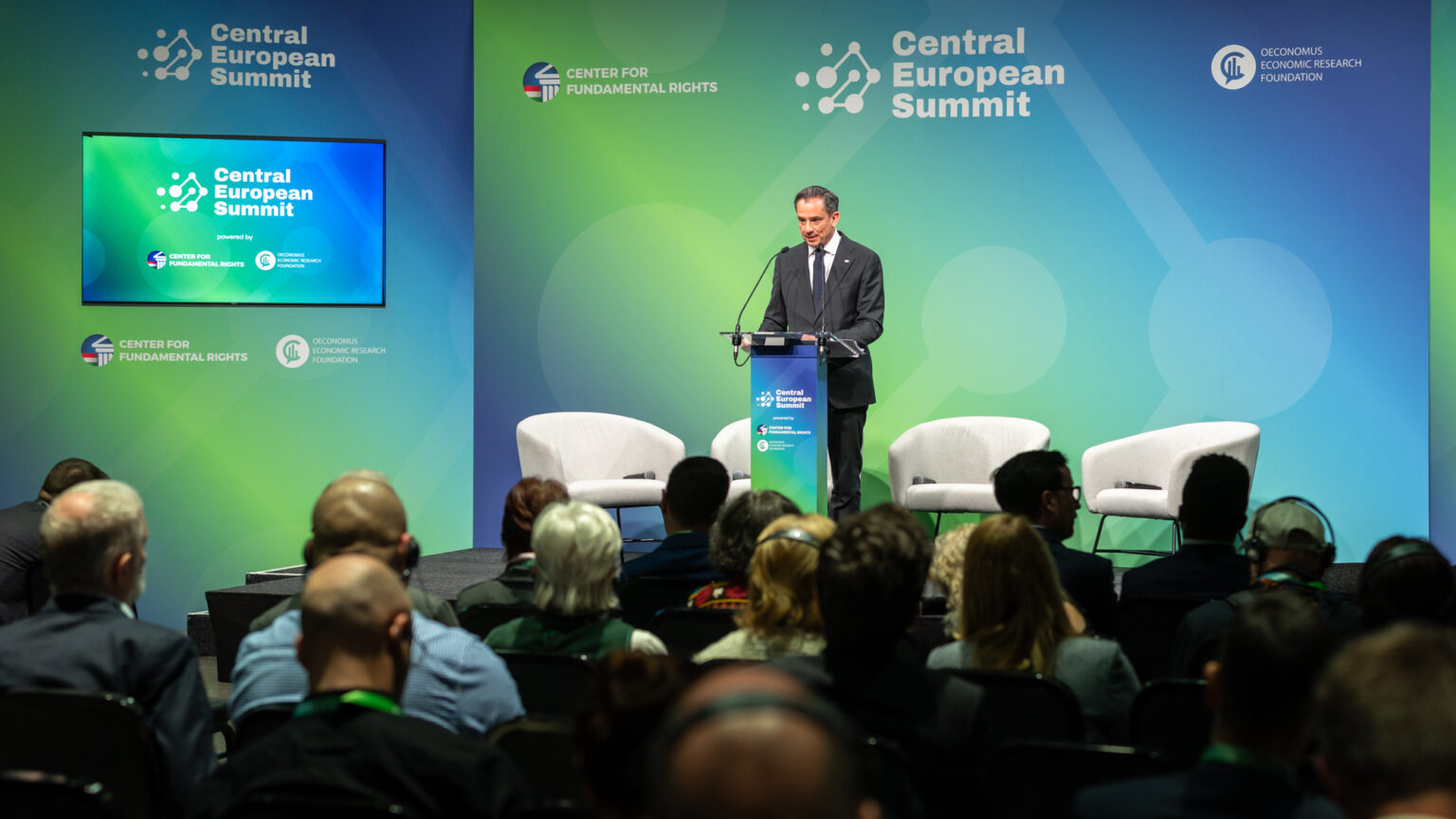
‘US policy towards Central Europe is grounded in realism, respect, and renewed engagement,’ US Chargé d’Affaires Robert Palladino emphasized, speaking on US–Central European relations at the Central European Summit, jointly organized by the Oeconomus Economic Research Foundation and the Centre for Fundamental Rights in Budapest.

Governor Josh Shapiro’s gubernatorial mansion was burned down on Sunday, 13 April in Harrisburg, Pennsylvania, as the Jewish statesman was celebrating passover with his friends and family. Suspect Cody Balmer has been arrested and charged in connection with the incident, an out-of-work welder with serious financial problems.

Ukraine’s accelerated EU accession could consume essential resources and undermine Hungary’s strategic position, warned Political Director to the Prime Minister Balázs Orbán, who outlined the financial, geopolitical, and security risks at a Budapest business conference.
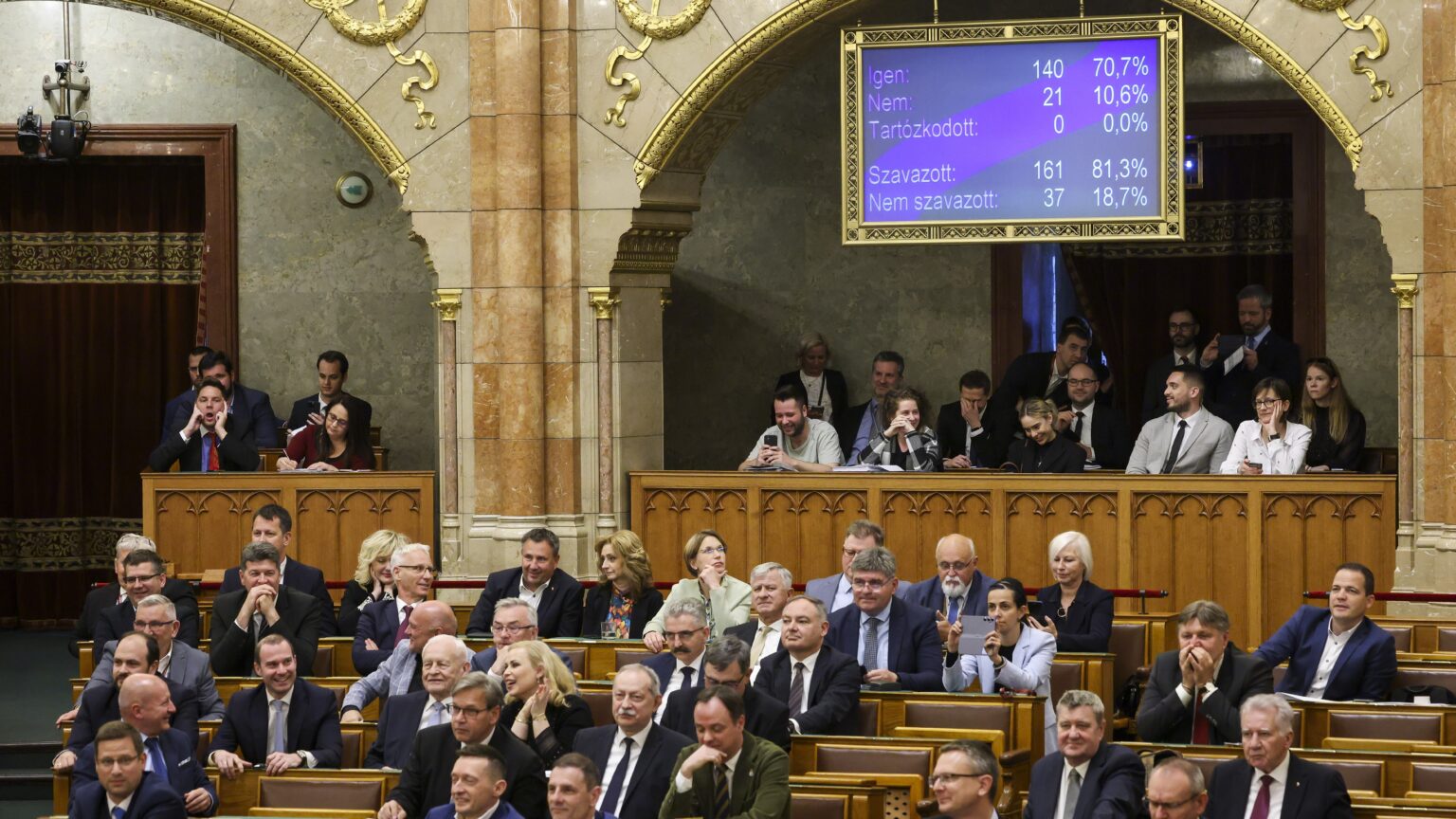
Hungary’s Parliament passed the 15th amendment to the Constitution, reinforcing traditional gender definitions, enshrining the right to pay with cash, and tightening rules on dual citizenship and government powers in emergencies.

Over the weekend both pro-government and opposition rallies were held across Hungary’s capital, Budapest. The demonstrations sent a clear message: both sides are preparing for next year’s election with full force, lending the 2026 parliamentary contest a level of significance not witnessed in Hungary’s political history for quite some time—and demonstrating that the country’s democracy is very much alive.

Former Deputy Assistant to Donald Trump, Fred Fleitz, writes in Newsmax that Hungarian Prime Minister Viktor Orbán made the right decision in withdrawing from the International Criminal Court last week. Fleitz also urged other countries to follow suit, arguing that the Hague-based court poses a serious threat to national sovereignty due to its politically biased decisions.
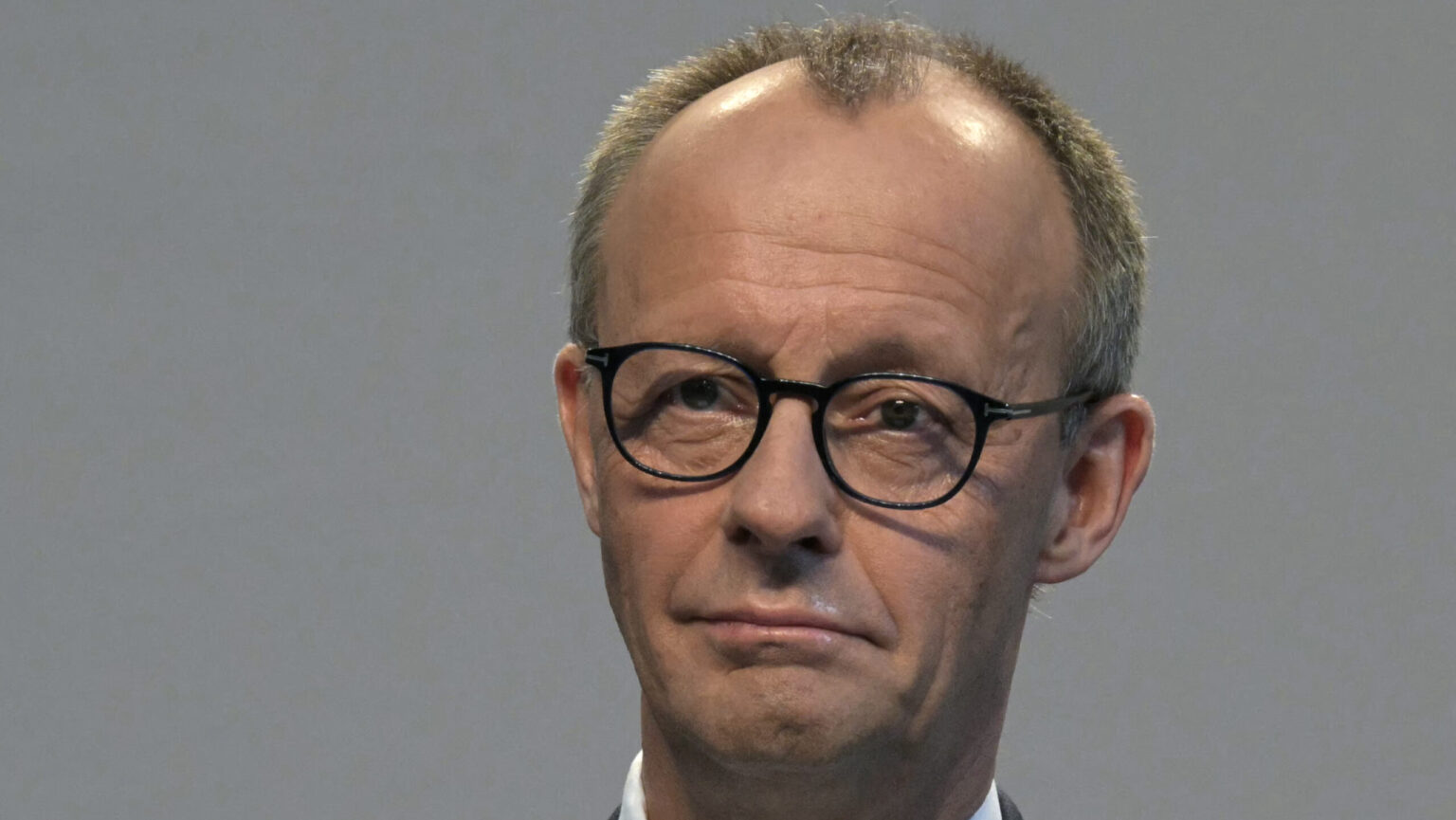
With the CDU–SPD coalition agreement presented on Wednesday, it has become clear that the new government, under the leadership of Friedrich Merz, will prioritize Ukraine’s interests over those of Germany and its people. Having failed to deliver on his own campaign promises, Merz is already paying the price for his political betrayal: Alice Weidel’s AfD has overtaken the CDU, becoming the largest party in Germany by a margin of one percentage point.

In a radio interview, Hungarian PM Viktor Orbán discussed EU politics, Ukraine’s accession, domestic economic policies, and national values, drawing comparisons between past and present political controversies and defending the government’s actions.
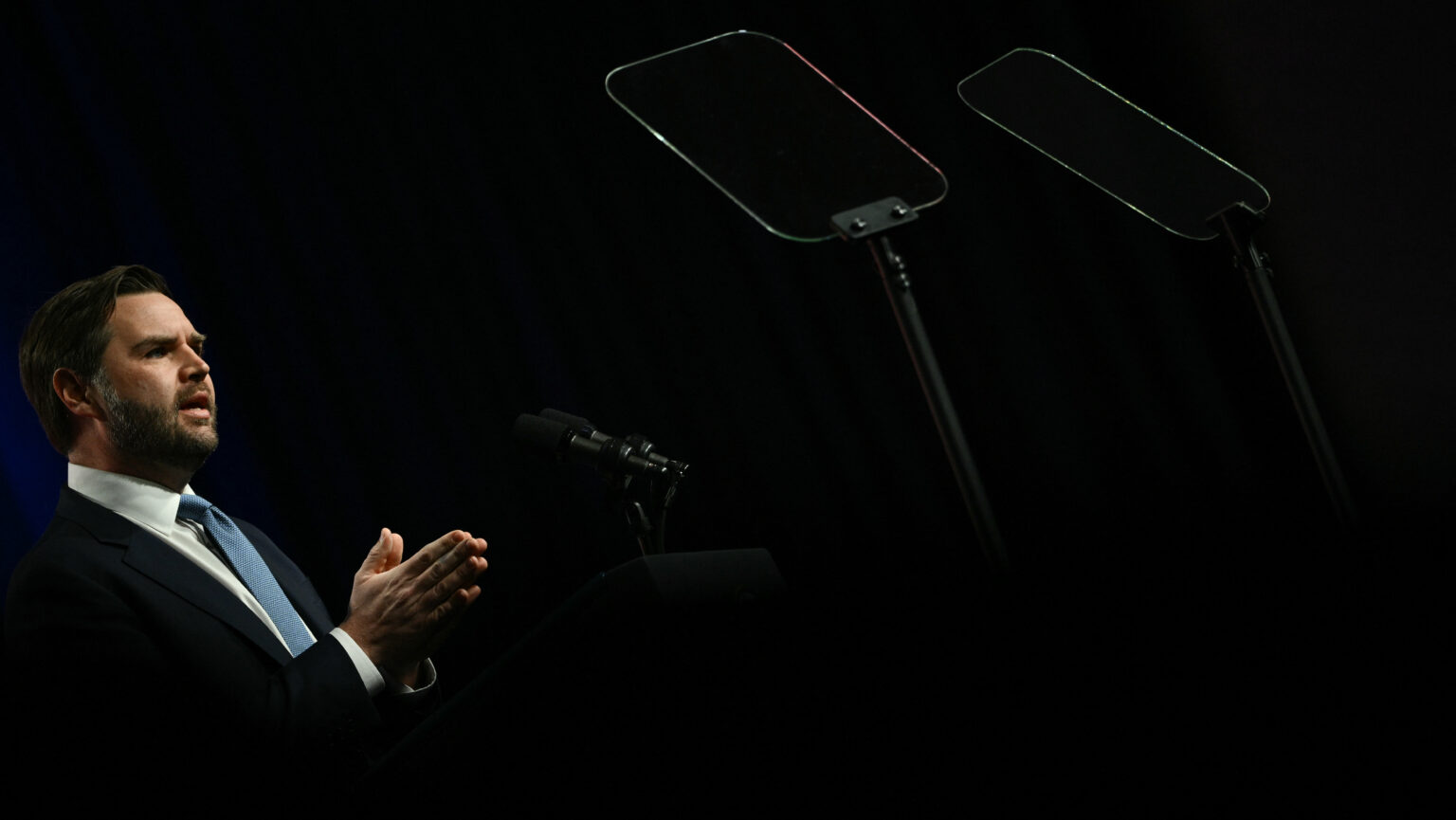
US Vice President JD Vance warned that Europe is heading toward ‘civilizational suicide’ due to unchecked migration, shrinking freedoms and embracing a woke agenda. Hungary is among the few bright spots, credited for defending its borders and national identity.
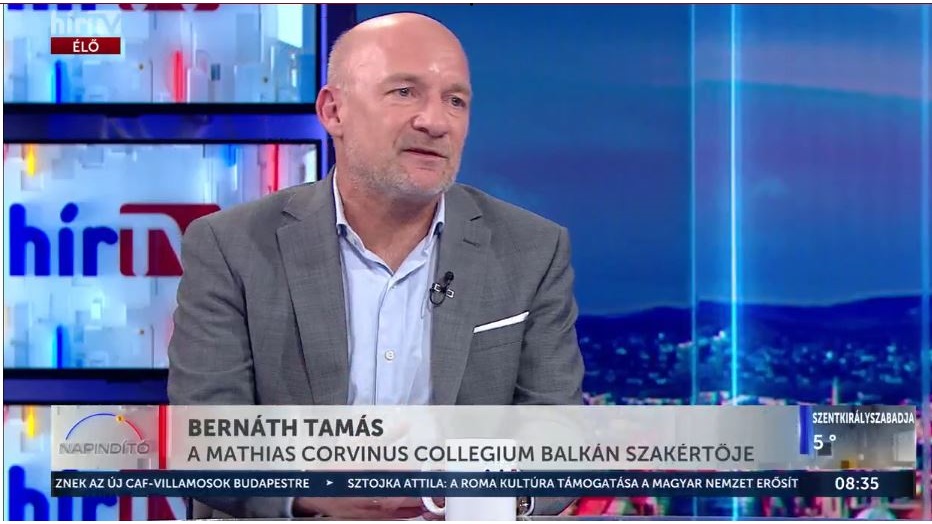
Tamás Bernáth, researcher and lecturer at the MCC School of Economics, has recently appeared on the Hungarian news channel HírTV to discuss the new crude oil pipeline being built between Hungary and Serbia; as well as a defence agreement reportedly in the planning between the two nations and its implications.
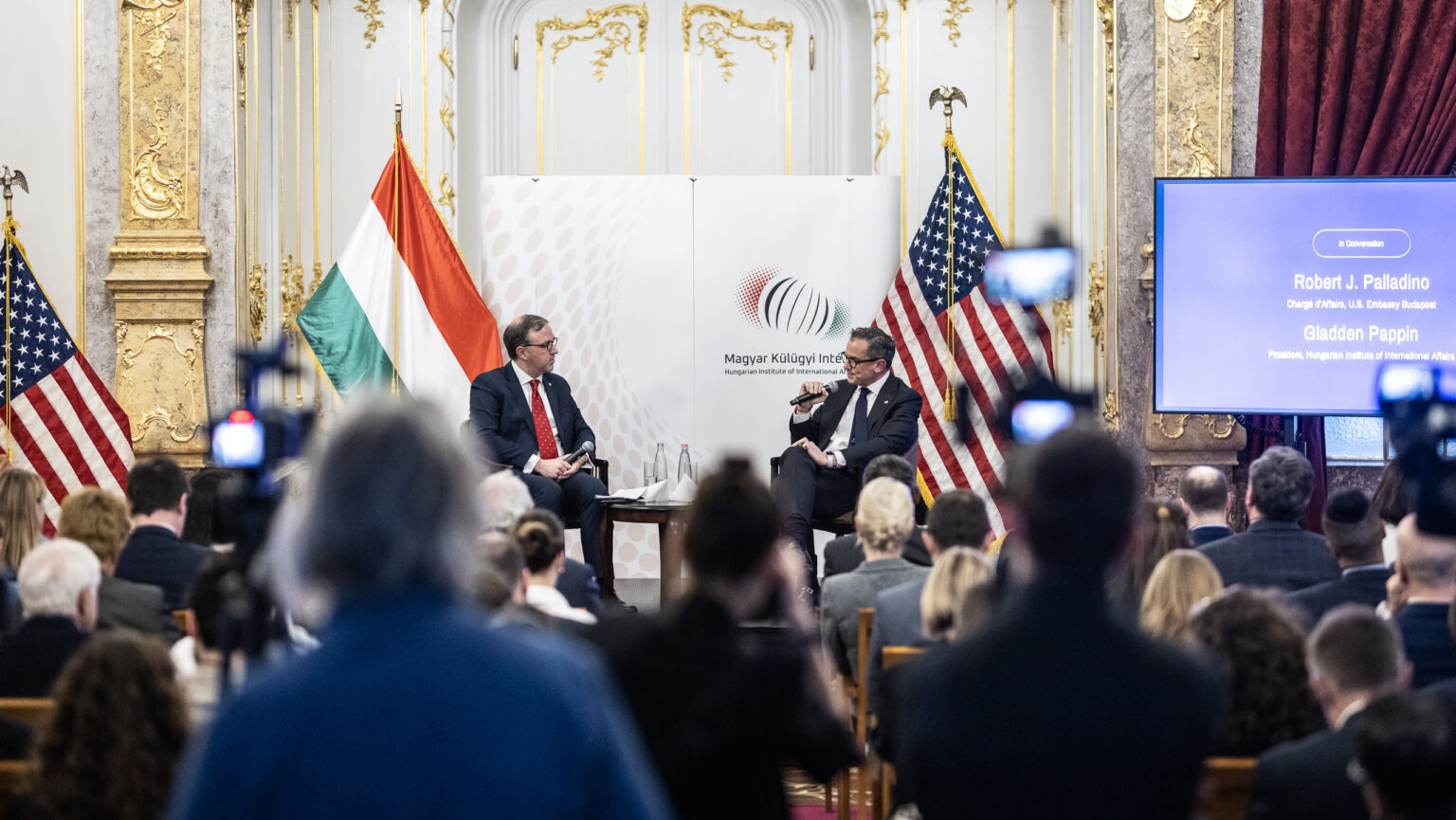
‘Thanks to the strong relationship between President Trump and Prime Minister Orbán, there is real space—on the ground, in government, in business, and among ordinary citizens—to build something meaningful,’ US Chargé d’Affaires ad interim Robert Palladino remarked during a discussion on US–Hungary relations with President of the Hungarian Institute of International Affairs Gladden Pappin.
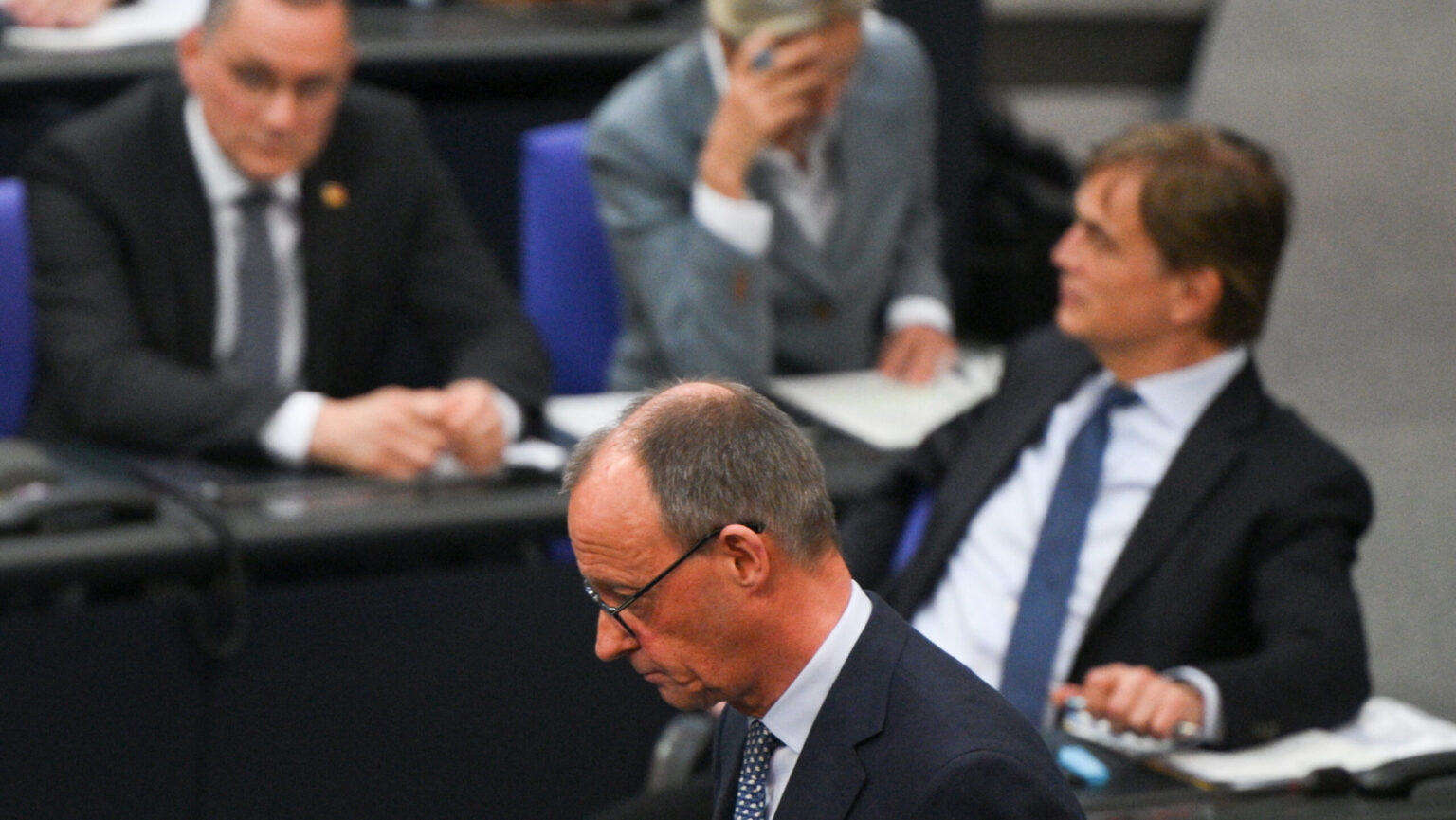
Alternative für Deutschland reaches record-high support, matching the election-winning CDU, according to an INSA–Bild poll published on Monday. The surge comes as Germany’s soon-to-be Chancellor, Friedrich Merz, faces backlash for turning on his own voters on key issues such as migration and fiscal policy.
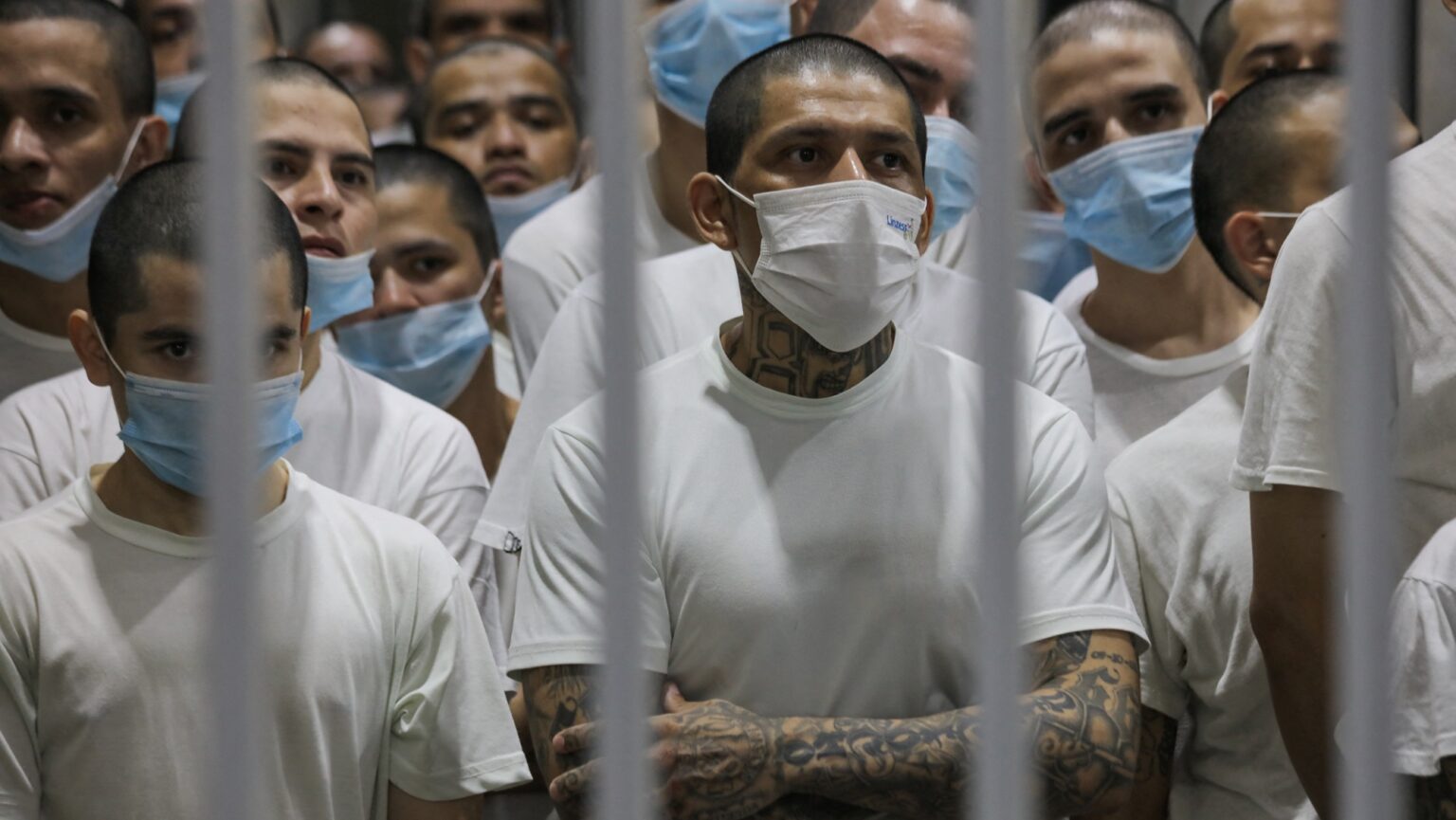
In a 5–4 decision, the US Supreme Court ruled that a Federal Judge in DC had no power to halt the deportation of 200 Venezuelan gang members to El Salvador, and the challenge should have been filed in Texas, where the illegal migrants were detained. However, the ruling also stressed that it does not address the constitutionality of using the 1798 Alien Enemies Act to deport illegal migrants.

‘President Donald Trump, on his self-proclaimed “liberation day”, imposed sweeping tariffs of at least 10 per cent on almost every product that enters the U.S. from almost every country…with the aim of keeping jobs within the American homeland. What the president has done is reverting to the American “protectionism” of the 19th century, which economists call the Hamiltonian Statecraft.’
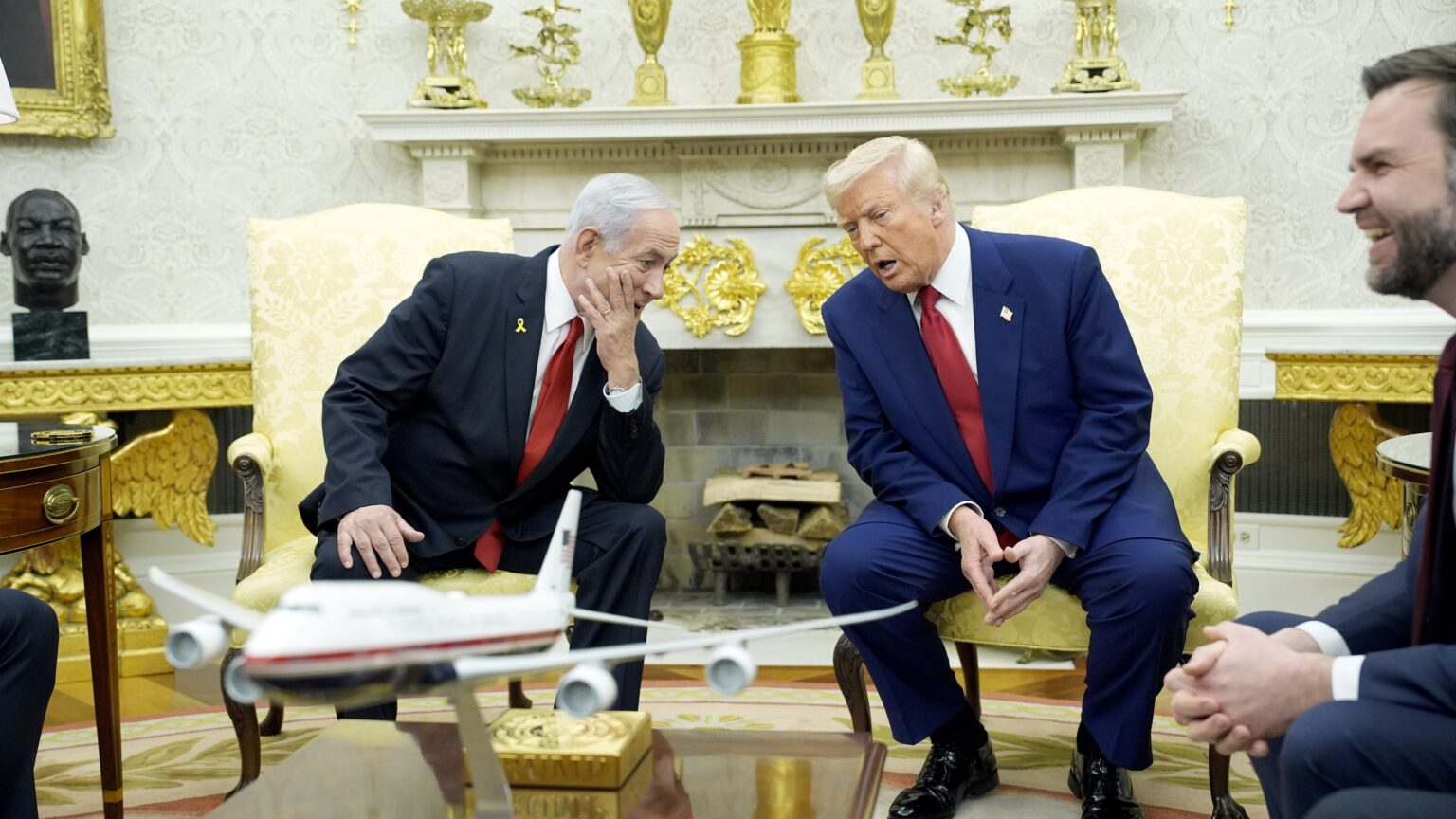
Following talks with Donald Trump at the White House, Israeli Prime Minister Benjamin Netanyahu pledged to reduce trade barriers for American goods and create a more balanced trade relationship between the two allies.

Foreign Minister Margus Tsahkna of Estonia has called Hungary ‘a very weak country’ that is ‘part of Putin’s team’ in inflammatory statements made during a recent interview with the German paper Rheinische Post. He also reiterated his wish to strip Hungary of its voting rights in the Council of the EU.
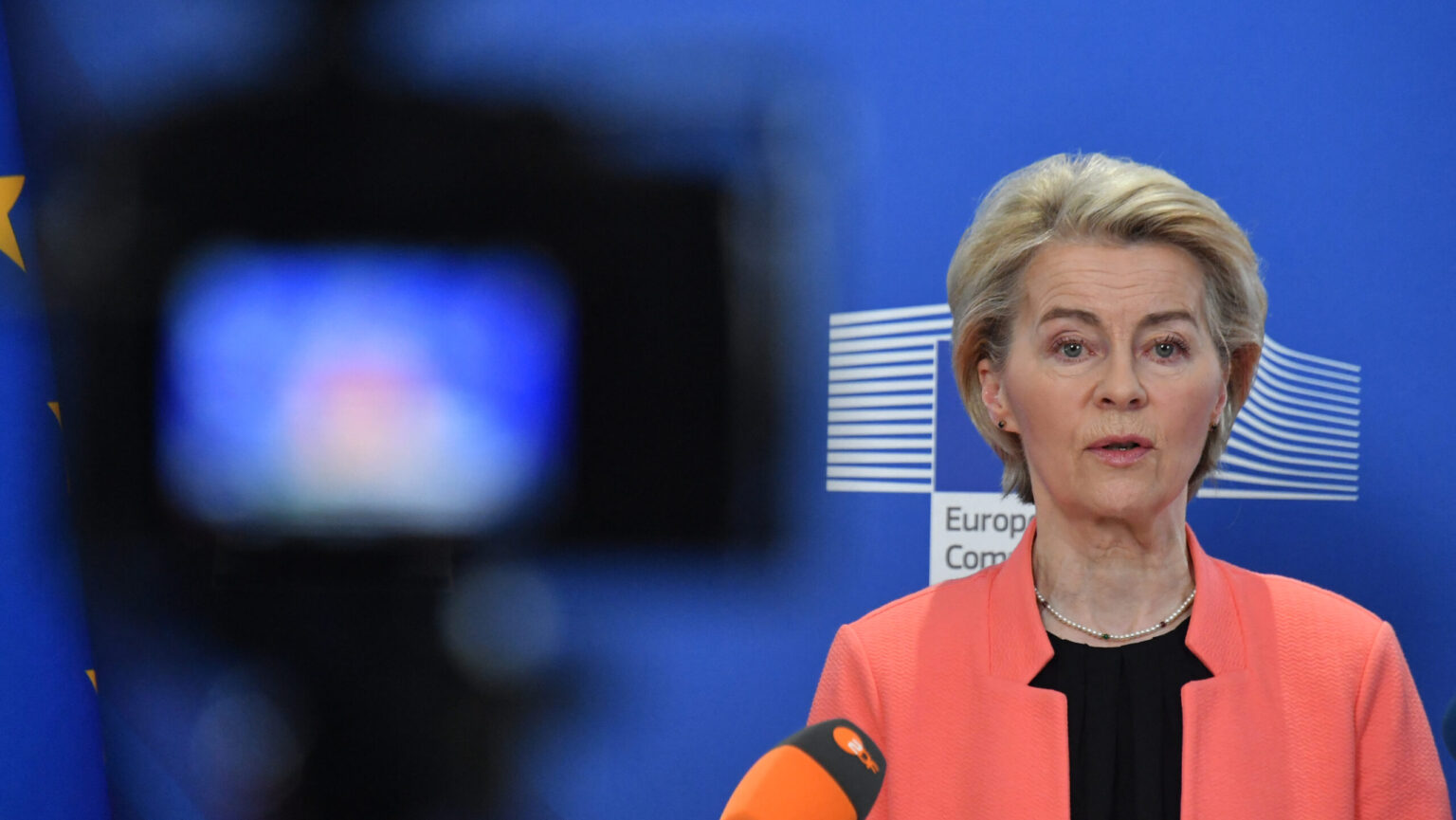
As USAID’s activities—and its shady tactics of foreign interference—are increasingly becoming just a bad memory, the European Union is stepping in to bail out the network of NGOs previously funded by the American federal agency. Through a new directive, Brussels plans to establish so-called European Cross-Border Associations, which would provide foreign-funded NGOs with a protective shield.

‘How does Hungary manage to stay on good terms with both Washington and Beijing, despite their growing rivalry?…Many observers explain this dual alignment as mere pragmatism—ideological kinship with the American right, economic opportunism with China. But that tells only part of the story.’
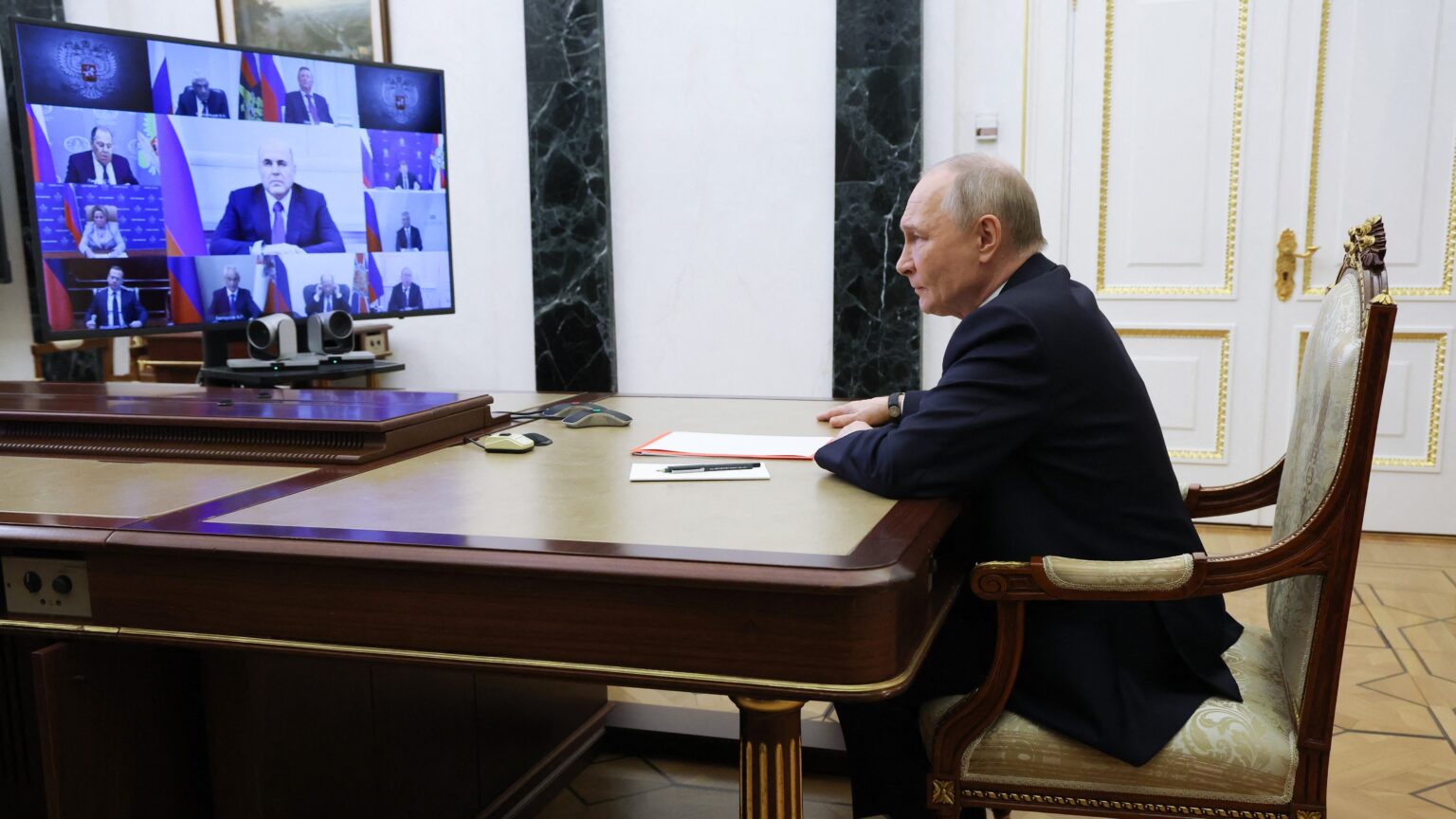
‘Russia occupies a unique…position in Huntington’s system of civilizations and in a broader sense in global geopolitics as well: it is simultaneously Western and non-Western, European yet distinct from Europe. This duality is not merely a philosophical or cultural curiosity but is…seemingly used as a strategic tool that some Russian regimes actively exploit in their international positioning.’
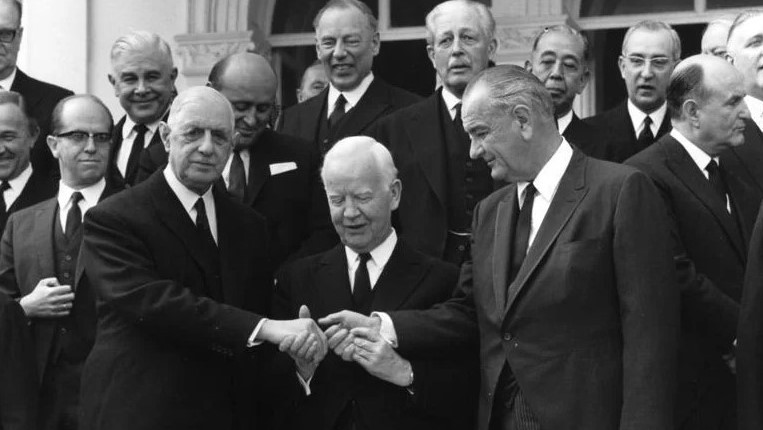
‘Hazel Erskine…published a series of polls in The Public Opinion Quarterly in 1969 based on previously classified reports from the USIA’s Research and Reference Service. While many of the issues surveyed are no longer politically relevant, they remain of historical interest. Most questions originate from the 1960s, with some earlier data included to examine trends related to NATO and defence.’
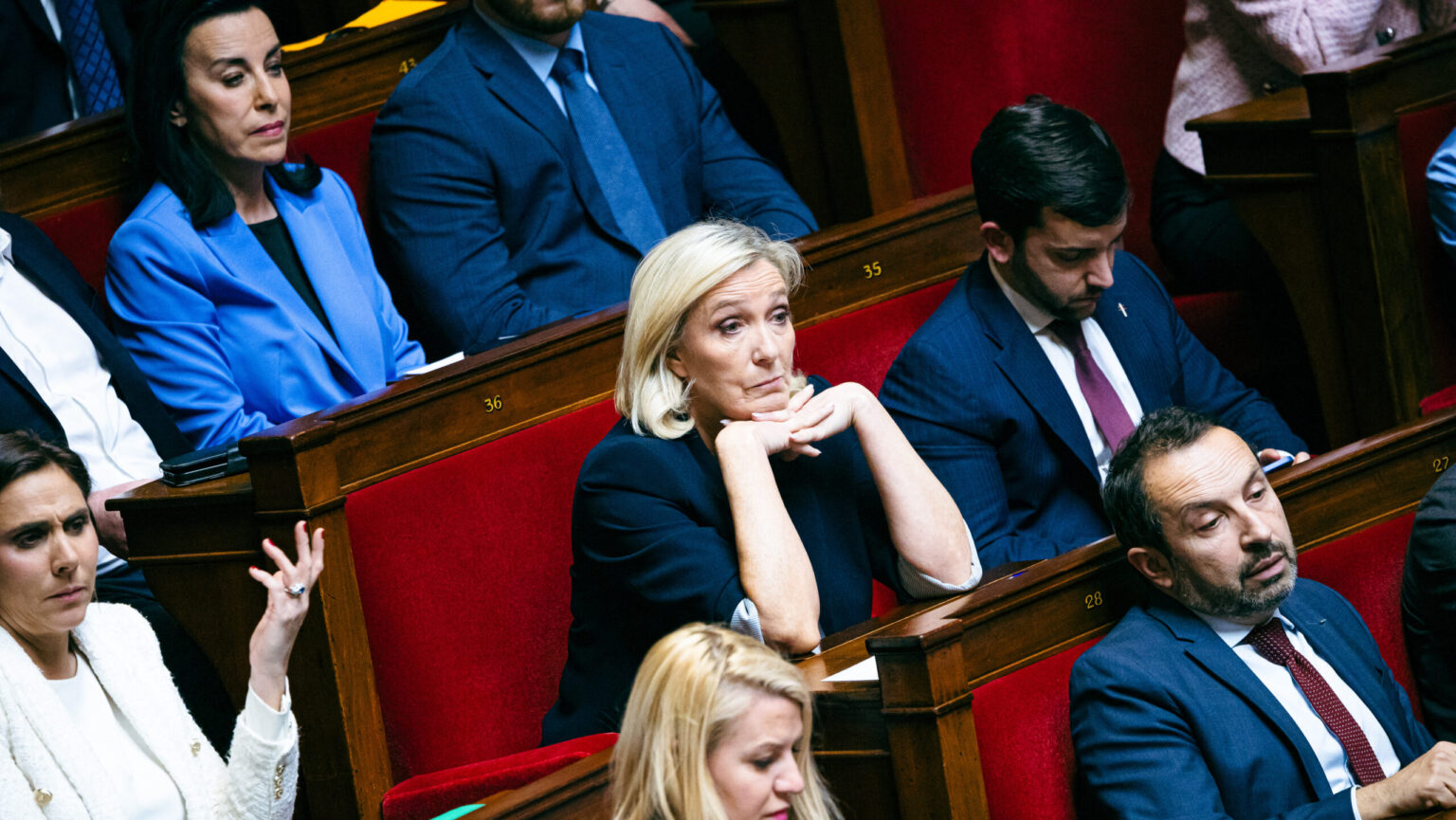
US President Donald Trump has joined the chorus of right-wing leaders around the world in condemning the conviction of French opposition figure Marine Le Pen and calling for a fair trial. What makes the case appear even more politically compromised is the role of Richard Ferrand, President of the French Constitutional Council and a close ally of Emmanuel Macron—who himself has faced legal proceedings related to corruption in the past.

Hungary will withdraw from the International Criminal Court, Prime Minister Viktor Orbán confirmed in a radio interview. He criticized the ICC as a political tool and outlined Hungary’s 2025 agenda, touching on economic reforms, drug policy, and foreign relations.
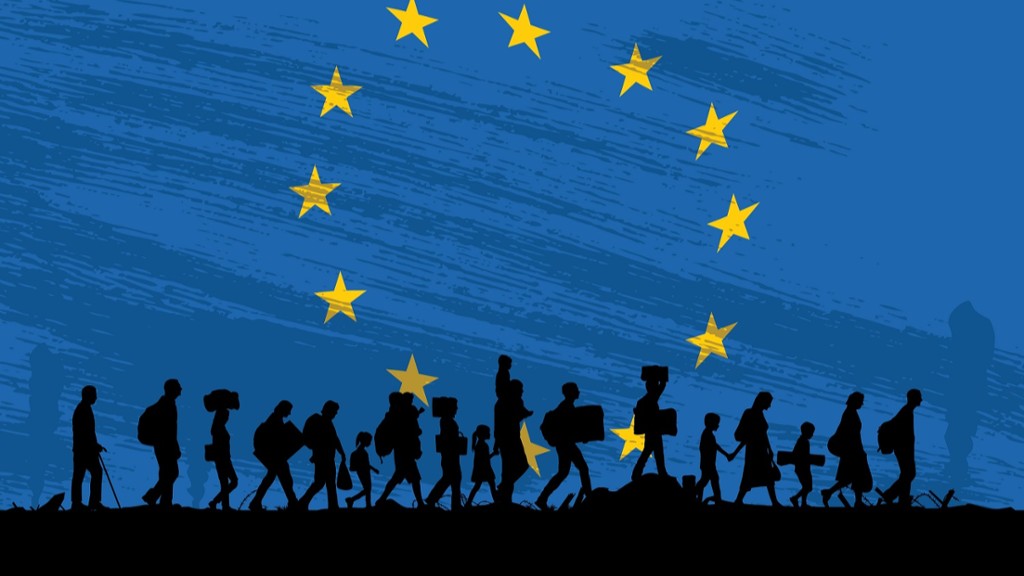
‘The proposals of some governments and the thinking behind them may raise questions about the future of the new asylum and migration pact, which is due to enter into force in 2026 and includes the idea of binding quotas. Nevertheless, practice shows that Member States want to see fewer and fewer migrants on their territory.’
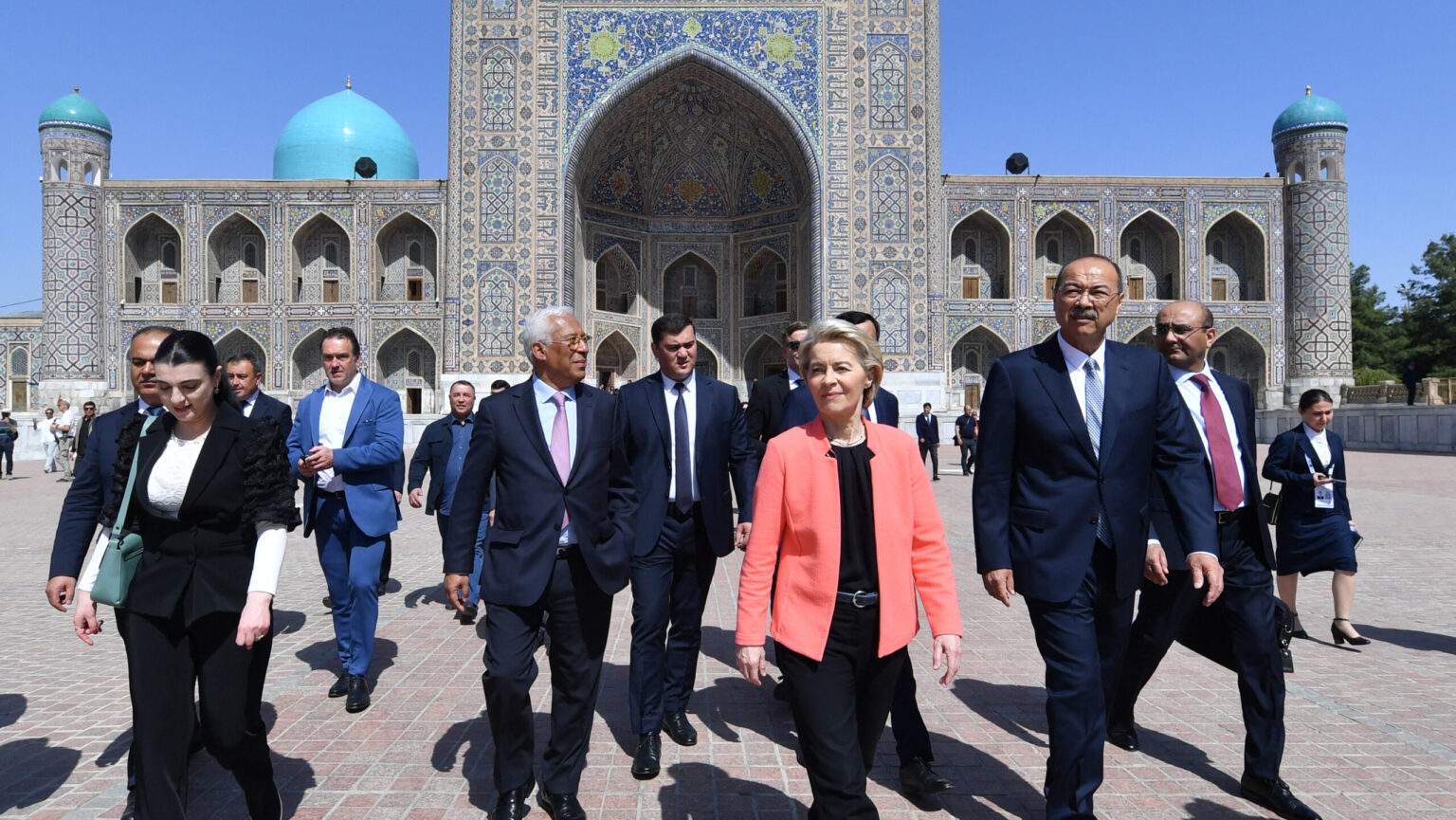
The first-ever EU–Central Asia summit has just kicked off as Ursula von der Leyen and António Costa arrived in Uzbekistan. Brussels is now trying to assert its influence over the region, which is widely seen as one of the future economic and trade powerhouses. However, most EU member states lack the deep connections and relationships with the Central Asian republic, except for one: Hungary.
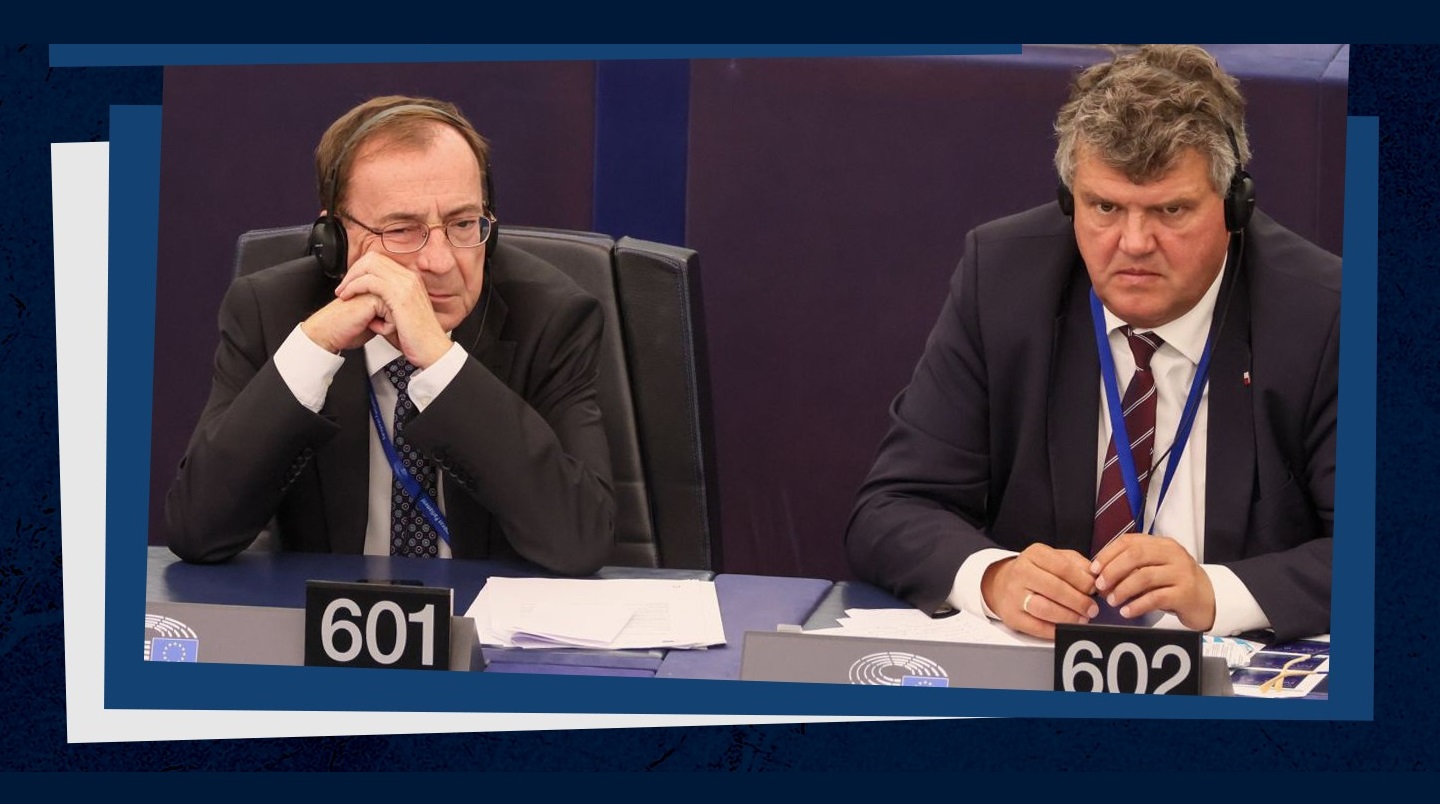
Director General of the Center for Fundamental Rights Miklós Szánthó has drawn attention to the hypocrisy that, while the European Parliament is not willing to even discuss revoking the immunity of Hungarian opposition leader Péter Magyar, who is charged with assault and theft, the EP has already revoked the immunity of two Polish conservative MEPs for standing up against the Tusk administration.
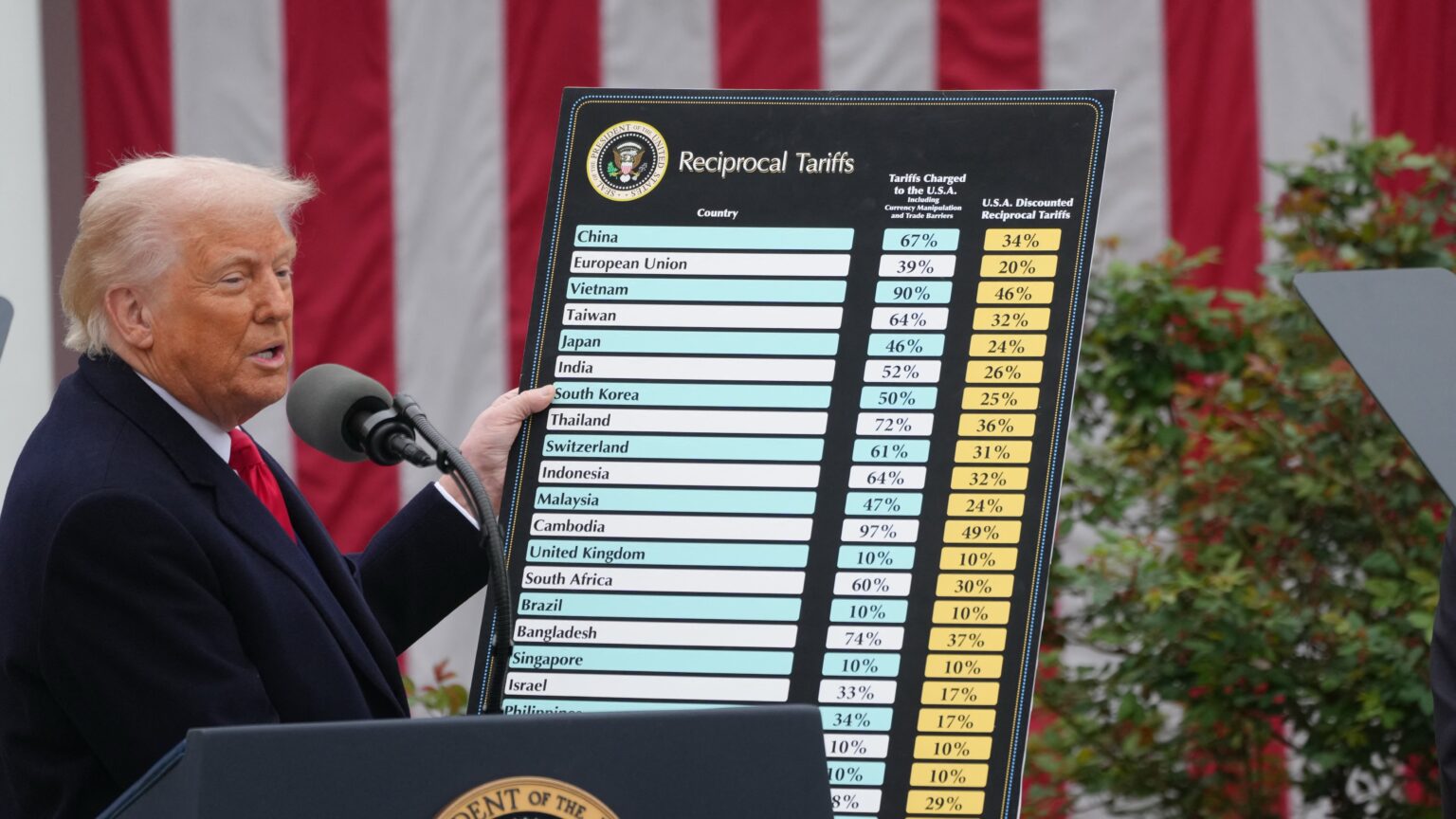
The United States is imposing a 20 per cent import tariff on the European Union and a 34 per cent tariff on China, President Donald Trump announced on Wednesday. Speaking at a White House ceremony, he signed the new trade policy into law, emphasizing the need for reciprocal tariffs to address trade imbalances.

However, a ballot initiative calling for a state constitutional amendment requiring photo IDs for elections also passed in the important swing state of Wisconsin.

‘Many accused the court’s ruling of depriving the electorate the chance of deciding who is fit to hold political office in France. Rather than disqualifying Le Pen from the presidential race, it could have been decided to merely fine the party for the misappropriated funds. The ban on running for office is widely seen as a disproportionate intervention into the political affairs of the country…’
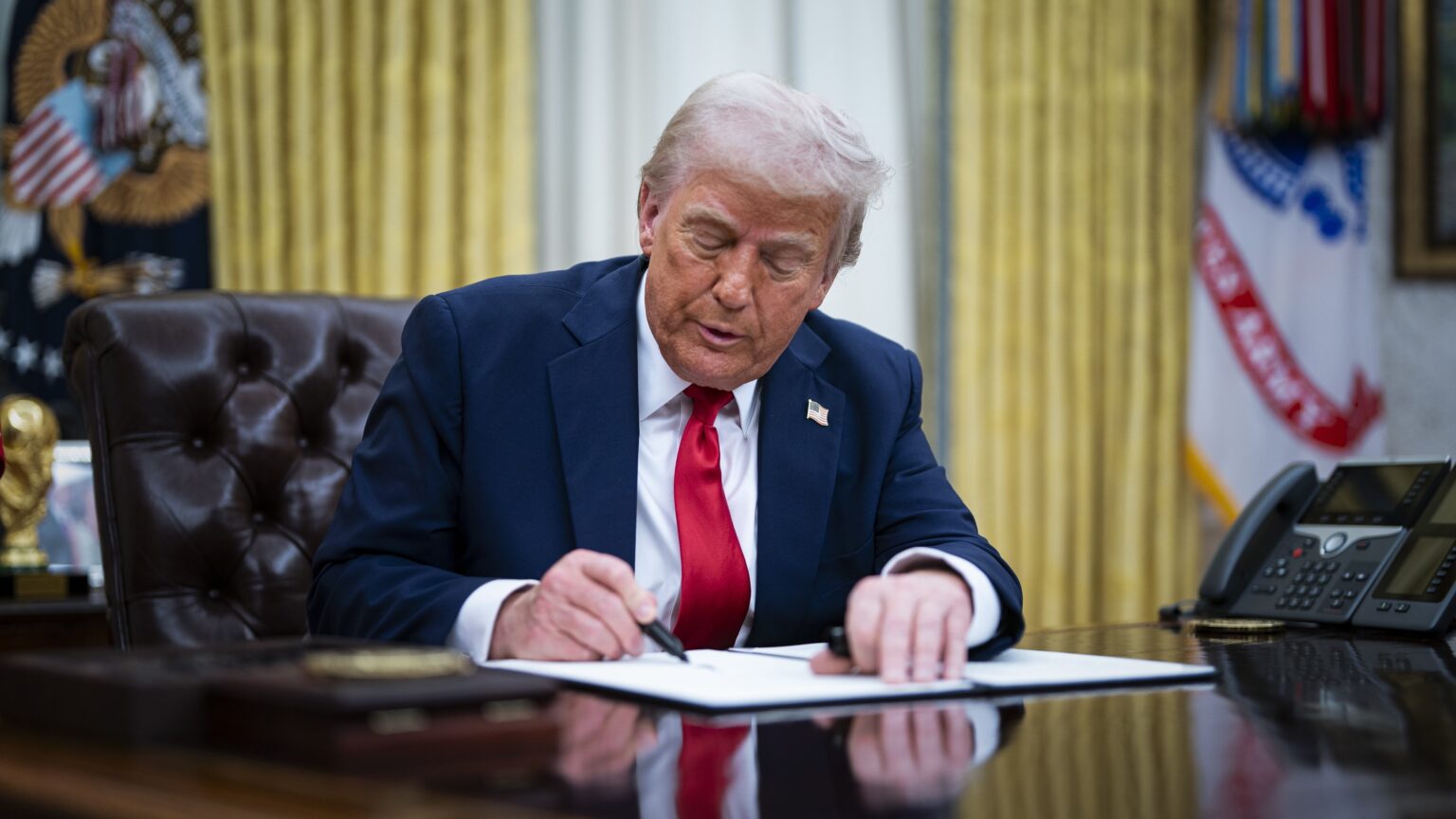
The White House has confirmed that the new US tariff system will take effect immediately upon presidential approval, starting Wednesday. Press Secretary Karoline Leavitt emphasized that President Donald Trump and his trade policy team have been working until the last moment to finalize the measures.

Hungarian Conservative is a quarterly magazine on contemporary political, philosophical and cultural issues from a conservative perspective.